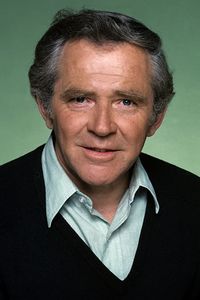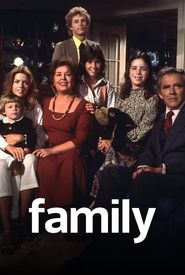James Joseph Broderick III, an American actor of English and Irish descent, was born in Charlestown, New Hampshire, to James Joseph Broderick II and Mary Elizabeth Martindale. His father, a decorated World War I veteran, was of Irish descent, while his mother had both English and Irish ancestry.
Broderick attended Manchester Central High School and later the University of New Hampshire, where he took pre-medical courses. However, he interrupted his studies in 1945 to join the United States Navy during the closing months of World War II, enlisting as a pharmacist. He was discharged in 1947 during the post-war demobilization.
After his military service, Broderick returned to the University of New Hampshire and resumed his studies as a junior pre-med student. His life took a dramatic turn when he auditioned for a part in a theatrical production and landed the leading role of Captain Bluntschli in the play "Arms and the Man."
J. "Joe" Donald Batcheller, a faculty advisor, was impressed with Broderick and arranged a meeting with the experienced actor Arthur Kennedy, who gave Broderick acting tips and advised him to attend the Neighborhood Playhouse School of the Theatre in New York City. The faculty included Sanford Meisner, who developed the Meisner technique.
Following his acting studies, Broderick began his professional career, mostly as a theatrical actor, but also started appearing in television productions in the 1950s. He was cast in the leading role of Officer Ernie Brenner in the crime drama "Brenner" (1959-1964) and also appeared in the anthology series "The Twilight Zone" in the episode "On Thursday We Leave for Home."
In the 1960s, Broderick started appearing in theatrical films, including "Alice's Restaurant" (1969),"The Taking of Pelham One Two Three" (1974),and "Dog Day Afternoon." In the late 1970s, he gained a new leading role in television, playing the lawyer Doug Lawrence in the drama series "Family" (1976-1980).
Broderick's last acting role was in the television film "The Shadow Box" (1980),an adaptation of a play by Michael Cristofer. He played Joe, a man dying from an incurable disease, trying to understand why his wife and son refuse to keep him company.
In the early 1980s, Broderick suffered from cancer and his poor health prevented him from accepting more roles. He died in 1982 due to cancer, survived by his wife, painter Patricia Biow Broderick, and their three children. His son Matthew Broderick followed in his father's footsteps and became an actor.































